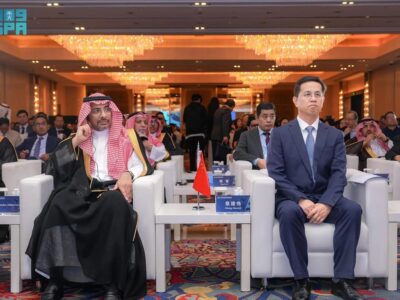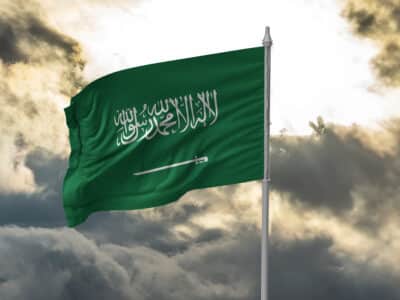Nurturing and upskilling future leaders is a critical factor in the region’s progress and represents a crucial pillar for a prosperous economic outlook.
That was one of the main findings of a new report by Majid Al Futtaim, the leading shopping mall operator across the Middle East, Africa and Asia.
The study, The Time is Now: A Perspective on Economic Integration in MENAP, was done in partnership with the World Economic Forum and Knowledge Partner McKinsey & Company.
The report outlines how the region can level up and achieve its full potential through an economic integration initiative, driving collaborative public and private sector progress across critical metrics.
When it comes to nurturing future leaders there is plenty of work to do. MENAP has 8 percent of the total world university students, but it has only 1.5 percent of the top 500 universities.
This leads to many of those able to do so leaving to study abroad and, in many cases, not returning to the region.
The report suggests the region should consider driving initiatives that improve domestic education opportunities and create an environment conducive to attracting and grooming top talent, from the region and globally.
“However, the region currently remains a collection of fragmented economies, very few of which have the scale, breadth, depth, institutional development, and regulatory environment to be considered attractive markets for investment,” the report said.
CEO at Majid Al Futtaim, Alain Bejjani, said: “The last two years have thrown up incredible challenges and shown the global community the values of perseverance.
In the MENAP region we still face social, economic and geopolitical headwinds. Although the idiosyncrasies of individual markets have seen differing speeds of advancement, what unifies us is the magnitude of our region’s untapped potential.”

The Majid Al Futtaim report recommended the private sector play a more active role in policy dialogue as part of stakeholder capitalism if the region in question is to achieve its full potential.
It also highlighted economic pressure on MENAP countries for diversification further, as that the acceleration in the global energy transition will affect the region more than most, given the traditional reliance of many of its countries on energy exports.
The case is specific to GCC countries that have been highly dependent on oil activities as a source of revenue. For example, Saudi oil revenue was down from 50 percent of total GDP in 2011 to 31 percent in 2021.







